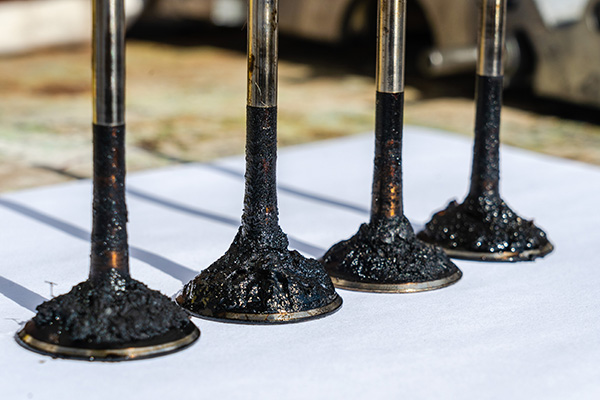
Oil changes are one of the simplest yet most critical maintenance tasks for your vehicle. But with life getting busy, it’s easy to put off that appointment. So, what’s the big deal? Can skipping an oil change really cause that much harm? We'll explain why regular oil changes are necessary and what happens when you ignore them.
Why Is Engine Oil So Important
Engine oil does a lot more than just keep things lubricated under the hood. It plays a key role in your car’s performance and longevity. First and foremost, oil reduces friction between moving parts, preventing excessive wear and tear. Beyond that, it helps regulate engine temperature by reducing heat buildup and carrying contaminants away from vital components.
When oil is fresh, it flows easily, coats engine parts effectively, and contains additives that enhance its performance. Over time, though, oil breaks down. Heat, dirt, and combustion byproducts degrade its quality, making it less effective at doing its job.
The Consequences of Skipping an Oil Change
Failing to change your oil on time doesn’t just cause minor inconveniences. It can lead to significant problems, some of which are costly to fix.
Oil Sludge Buildup
When oil isn’t changed regularly, it starts to thicken and form sludge. This sticky substance can clog oil passages, preventing proper lubrication. Once sludge builds up, it’s challenging to remove and can lead to permanent engine damage.
Overheating Risks
Oil that’s past its prime struggles to dissipate heat effectively. Over time, this can cause your engine to overheat, putting your car at risk of more serious issues like a blown gasket or warped components.
Increased Wear and Tear
Without fresh oil to minimize friction, internal engine parts can wear down more quickly. Metal-on-metal contact leads to severe damage, potentially requiring major repairs—or even a complete engine replacement.
Risk of Engine Failure
At its worst, skipping oil changes can cause your engine to seize entirely. Without proper lubrication, critical parts can break down, leaving you stranded and facing an expensive repair bill.
Signs You’ve Waited Too Long for an Oil Change
If you’ve skipped a scheduled oil change, your car may start sending you warnings. Here’s what to watch for:
- Unusual engine noises: Tapping, knocking, or grinding sounds could mean your engine parts aren’t properly lubricated.
- Check engine or oil light: These dashboard indicators are there for a reason. Ignoring them is never a good idea.
- Dark or gritty oil: If you check your oil and it looks dirty or feels thick, it’s time for a change.
- Reduced performance: Sluggish acceleration or poor fuel efficiency might point to old oil struggling to do its job.
Why Regular Oil Changes Are Worth It
It’s easy to overlook routine maintenance, but regular oil changes are a small investment that pays off big in the long run. They help keep your engine clean, efficient, and free of unnecessary wear. Plus, they give you the chance to spot potential issues early—saving you from costly repairs down the road.
Most vehicles require an oil change every 5,000 to 7,500 miles, though this can vary depending on the type of oil and your driving habits. Sticking to this schedule ensures your engine stays in optimal condition.
Don’t let old oil ruin your engine! Schedule your next oil change with Morrison Tire and give your car the care it deserves. Call us today!